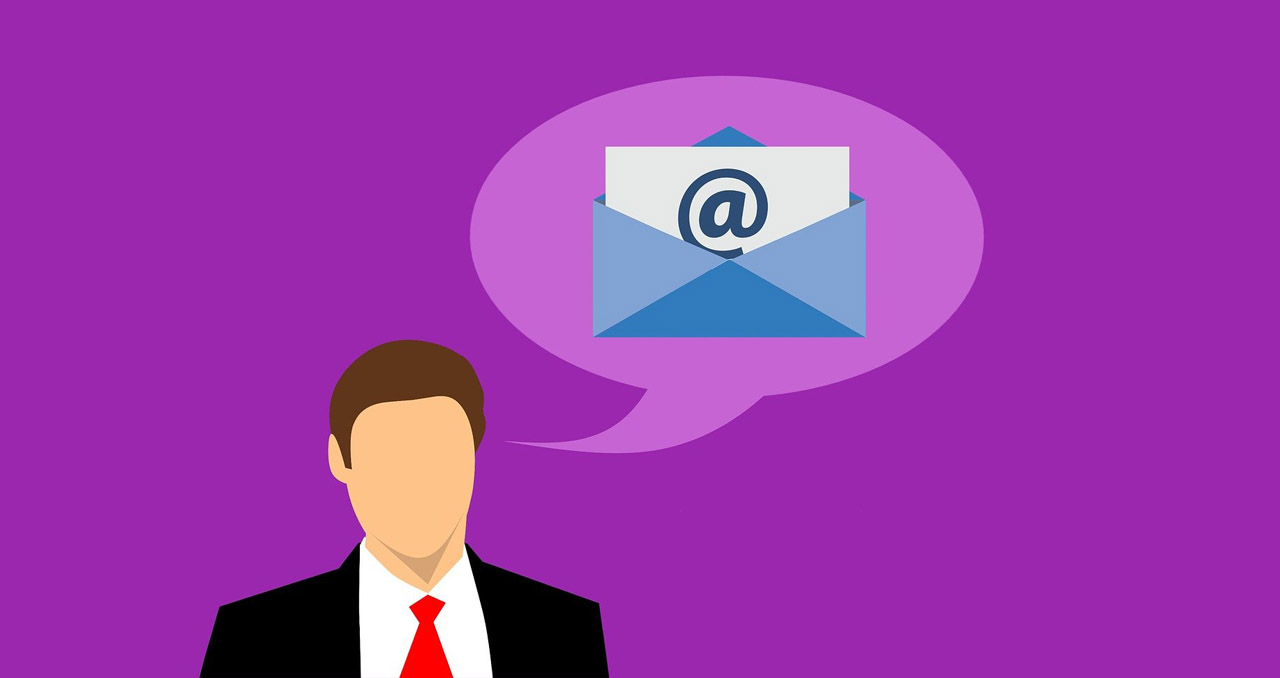You might have heard about spam emails and then again scam emails, both of which are at best annoying, and at worst, malicious — that are meant to damage your computer data and steal personal and financial information.
Emails are very useful tools of communication that are used by companies to inform you about their latest products and services, but sadly some unscrupulous people with shady practices and the intention to rob people through fraudulent means use these scam emails to corrupt their systems and make huge transfers into their own accounts in a matter of seconds catching their victims completely off-guard and stumping them in the process. These scammers are smart and fast. Unfortunately, it is an uphill task to get any such monetary transfers reversed.
One such scam doing the rounds of late is the Geek Squad Scam. The police have also circulated warning messages to users time and again to beware of such scams and prevent themselves from getting conned in the hands of unconscientious individuals who mostly operate in gangs.
It’s bad news for senior citizens and those who are not too familiar with the reality of these scams. This post is meant to give you a brief lowdown of what these scams are, how they work, and what you can do to protect yourself, and report to appropriate agencies for quick action against the perpetrators if and when you are scammed. Read on.
What is the Geek Squad Scam?

A Geek Squad Scam email is designed to trick you into believing that you had made an electronic purchase from Geek Squad Inc — a subsidiary of Best Buy, a well-known multinational consumer electronics company.
Don’t worry if you don’t recall making any such transaction on your account because in all probability you haven’t. If you are second-guessing on this one, chances are that you are falling into their trap.
The Geek Squad email scam is a phishing scam where the scammers send fraudulent emails and text messages informing you about renewals and the possibility of debits that would reflect on your account within 24 hours. The next part of the concluding message will further baffle you where it may read something like this — “If you feel this is an unauthorized transaction or you want to cancel the subscription, please contact our billing department as soon as possible” before signing off.
The email will further contain a product code, an invoice number, a customer ID, and a phone number (fictitious) all of which are eye-wash. The email may read genuine when in reality it is fake from top to bottom. Please pay close attention to any grammatical errors to be sure of the scam.
It is easy to mimic company logos and promotional banners to make emails look legit these days, but is confounding, nonetheless, for the common man. It is challenging for them to distinguish between the real and the fake. The imposters include phone numbers in the footnote deliberately for their targets to contact them for any assistance with their orders. Since the transaction amount mentioned is huge, it is natural for the unsuspecting to panic and call immediately at the number/s provided in the scam email. The goal of these cyber criminals is to extract as much money as they can from their victims.
How Does Geek Squad Scam Work?
No sooner do you contact the scammers on the listed number/s, they will pretend to sympathize with you, and will offer to resolve your issue by ‘canceling’ the order you had never placed in the first place. Since you are already in panic mode, naturally you give in to their suggestion to help you (remotely).
As a norm and by law, no legit company official will ever ask you for your personal and sensitive information which might include your bank details, credit card numbers, Social Security Number, and the like. And yet they do, and unwittingly you set foot into their well-laid trap by providing them with all these details. Sometimes, they also ask for remote access to your computer to cancel the subscription.
Please be informed that we help scammers get away with large sums of our money through ignorance and utter foolishness on our end at such times. No one can scam you unless you are willingly giving them access to your system. The scammers can go to any length once they have invaded your privacy, and then you are at their mercy, and not vice versa. From installing malicious software into your system to completely wiping your account off all money, they are capable of performing all evils.
Some Tips to Protect Yourself

First, check for spelling and grammatical errors in such scam emails. Check the URLs, and do not click on any suspicious-looking links with weird URLs. Inspect the scammer’s email address, and see if they contain a professional ID or looks generic. Unofficial and misspelled company names are a direct giveaway. Do not be fooled by them if your name is not mentioned anywhere, and they address you as ‘Dear Sir/Madam.’
There will and can never be a hurry to cancel subscriptions within 24 hours. Geek Squad will allow you a 7-day window period. People are more likely to make mistakes when they panic. More so because these emails mention huge transactions. Check to see if you received the email at the same ID you registered with Geek Squad.
You will do yourself a big service by not responding to such emails that request you to share personal information online. Don’t call at the numbers given either. Never download attachments or click on links sent to you by unknown people. Delete the email altogether, but when in doubt, click snapshots of the scam email that can serve as primary evidence to provide to law enforcement agencies for their investigative purposes. Furthermore, block the number you just called on just in case you forget and contact them in the future.
If you have been a victim, here are three ways to report the scam and get help.
1) Call the Geek Squad Support on 1-800-GEEK-SQUAD
If you suspect having fallen for the Geek Squad email scam, the first thing that you may want to do is to inform Geek Squad or Best Buy on their official phone number for investigation by calling 1-800-GEEK-SQUAD (1-800-433-5778).
You may even visit their official website and check for any other numbers or email IDs that you can use to directly contact an authorized member on their team who can take note of the scam and enter details into their system. Once you can touch base with someone at Customer Service, you can also ask them more about the validity of the email you received and share a screenshot of the message; just keep them in the loop and give them a heads-up. This is not to say that Geek Squad or Best Buy will make a breakthrough for you, or refund you the money that you just lost, but they certainly will forward your complaint to the concerned law enforcement agencies who will investigate the matter for you.
Organizations work in tandem with these enforcement agencies and cooperate with them at all levels in their investigations to book the perpetrators who impersonate them (big organizations) to fleece their customers and attempt to spoil their reputation in the market.
2) Let Folks at FTC Know of the Incident
The Federal Trade Commission is the main agency that collects and looks into all scam reports. The minute you realize you were scammed, waste no second to report the entire incident in minute details online to the FTC or call them at 1-877-382-4357 anytime between 9 am and 8 pm.
Fake emails and malware, and other internet scams can also be reported to the Internet Crime Complaint Center (IC3). The FTC works closely with local law enforcement agencies, so it will also help to have a police record containing essential details regarding the scam like you initiated the contact, under what name, the listed phone number, screenshots of the messages, the date and time of the incident, any other documents or personal/financial information that you shared with the scammers, any transaction made, etc.
Additional information that you recall about the scammer when you called would be helpful, for example, anything that seemed off-track and vague but you chose to ignore in panic then. On the sidelines, if you used your credit card or bank account to pay your scammer, report it to the card issuer or bank, and the major credit reporting agencies.
3) Report to Anti Phishing Working Group (APWG)
The Anti Phishing Working Group (APWG) collects phishing email messages and website locations to alert the public and help them prevent themselves from such scams in the future. You can even report the scam at phishing-report@us-cert.gov. Alternatively, you can call on 888-282-0870, or choose the email option on their official website.
By reporting phishing attempts, you reduce the scam communications you receive, make yourself a harder target for scammers, and also protect others from similar cyber crimes.

